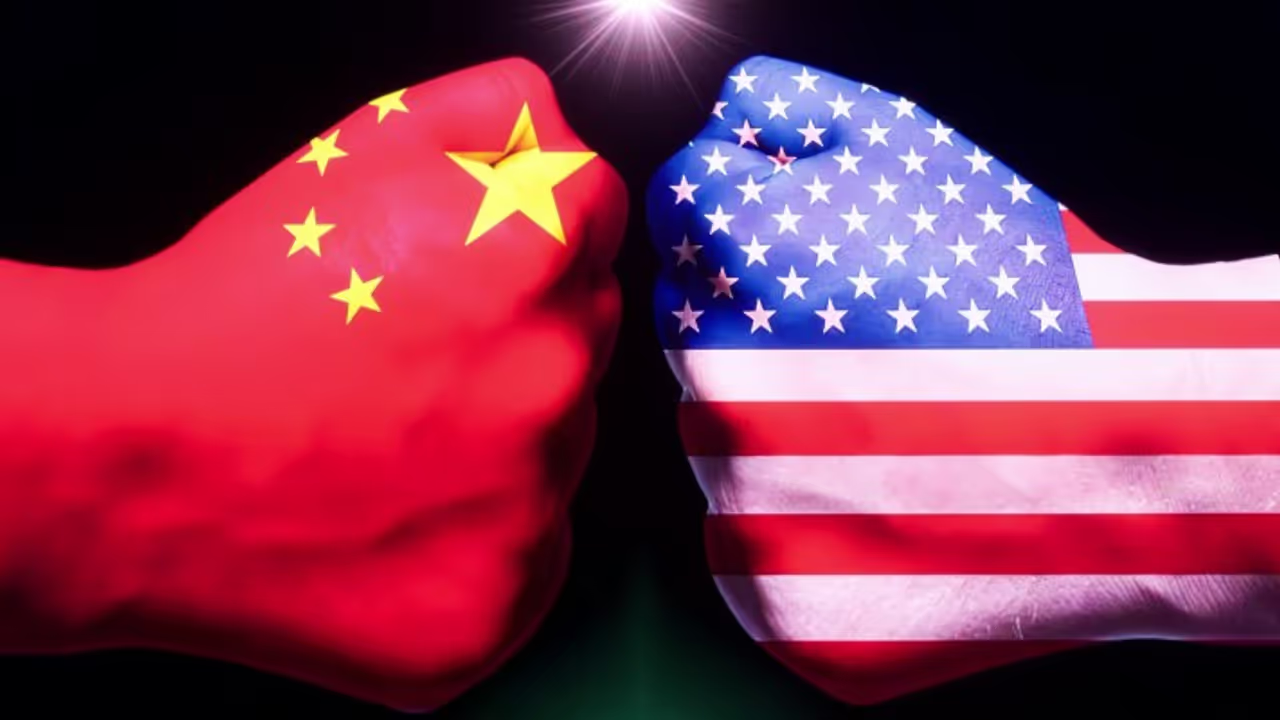The US and China have agreed to a 90-day suspension of certain tariffs and will reduce existing tariffs by 115%. This marks a major step toward easing trade tensions and advancing negotiations between the world’s two largest economies.
In a significant breakthrough in trade negotiations, the United States and China have jointly announced a 90-day suspension on a portion of the tariffs imposed on each other's goods. The move, part of ongoing trade deal talks, aims to ease economic tensions between the world’s two largest economies.

US Treasury Secretary Scott Bessent stated, “We have reached an agreement on a 90-day pause and substantially moved down the tariff levels.” He described the talks with China as constructive, noting that “both sides showed great respect”.
According to a joint statement released by both governments, this suspension period is intended to pave the way for more comprehensive trade agreements. US Treasury Secretary Scott Bessent confirmed that both countries have agreed to a reciprocal reduction in tariffs by 115%, signalling a mutual commitment to restoring smoother trade relations.
As part of this agreement, the US will reduce tariffs on Chinese imports from 145% to 30%, and China will reciprocate with similar reductions. The agreement follows high-level discussions between the two economic powers, held over two days in Geneva, Switzerland, aimed at defusing long-standing trade disputes.
The announcement had immediate economic impacts. Oil prices surged over 3%, and the Hang Seng Index in Hong Kong rose sharply by 3.34%, gaining 762.94 points to reach 23,630.68. The market reaction reflects optimism about easing trade friction and potential stabilisation of global markets.
Bessent also highlighted the productivity of the discussions, calling them a step forward in resolving deeper differences between the US and China. Trade Representative Jamieson Greer echoed this sentiment, hinting at an agreement while withholding specific details until an official briefing scheduled for Monday.
President Donald Trump expressed confidence via social media, proclaiming “GREAT PROGRESS” and describing the deal as a “total reset” of the tariff dispute that has rattled international trade and markets for years.
However, China remained cautious. An editorial published in state media ahead of the second day of talks stated that Beijing would “firmly reject any proposal that compromises core principles or undermines the broader cause of global equity.”
Despite the optimism, the deal remains a temporary pause, with the next three months crucial to establishing a more permanent solution.


